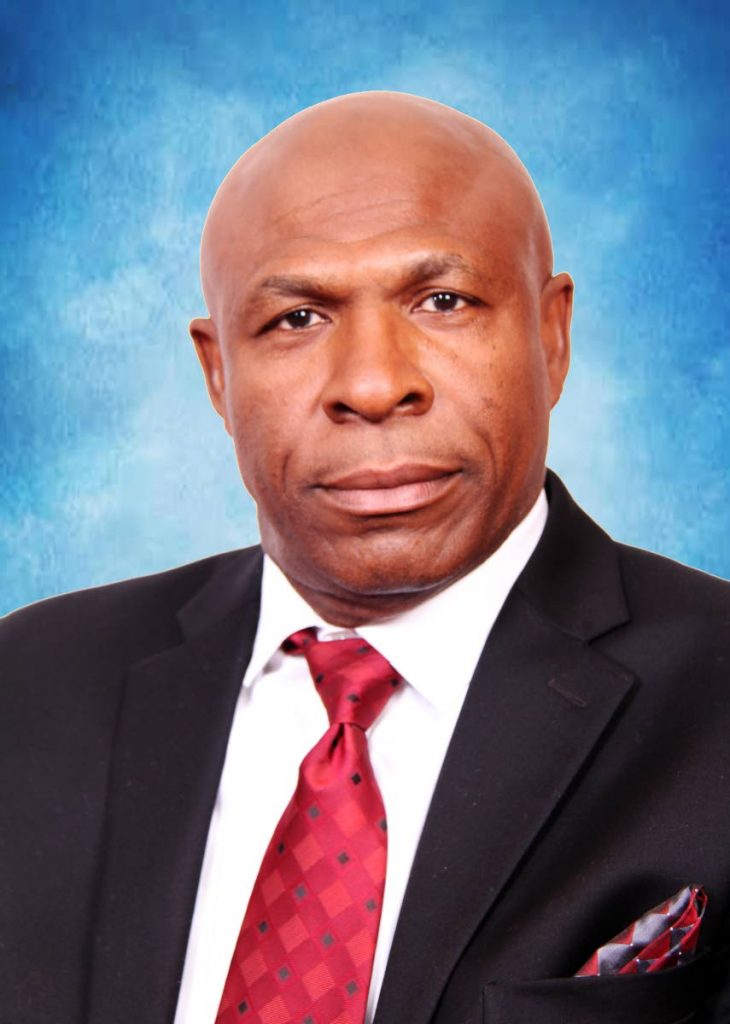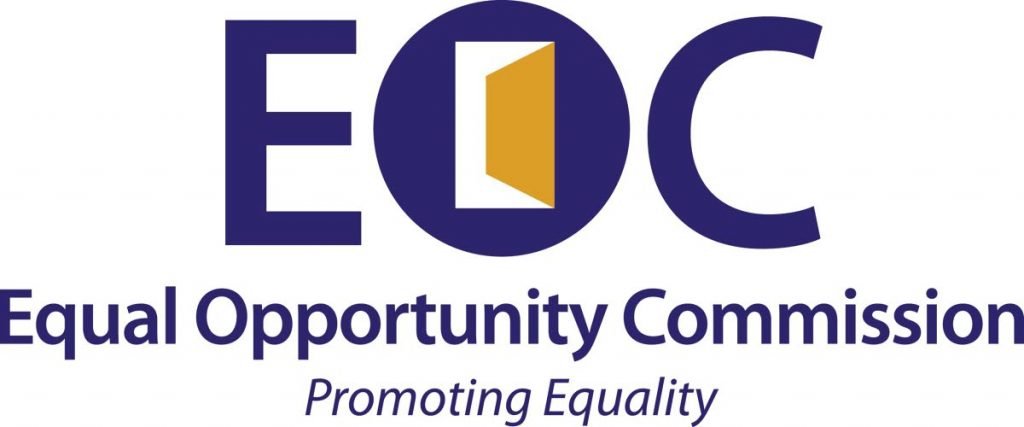Elimination of discrimination

HR IAN ROACH
THE EQUAL Opportunity Commission joins all other United Nations members in observing Zero Discrimination Day today. UNAIDS (the UN agency for treating with issues relating to HIV and AIDS) first observed Zero Discrimination Day on March 1, 2014 and initially focused on combating discrimination and stigma against people living with HIV and AIDS but in recent time it has been expanded to include wider issues of inequality, as it should.
The title of the day begs the question: Can discrimination really be eliminated?
There is a quote that I find particularly relevant that would perhaps answer this question. Bernice King, daughter of Martin Luther King Jr, said, “Seek out your brothers and sisters of other cultures and join together in building alliances to put an end to all forms of racial discrimination, bigotry, and prejudice. There are people of good will of all races, religions, and nations who will join you in common quest for the betterment of society.”
The deep roots of discrimination and injustice did not sink into the soil of society overnight and it was not cultivated by any one group and so the solutions would take time.
Discrimination is learned behaviour that festers in an environment of ignorance and insecurity but can be corrected through a process of sustained and targeted education, and the engineering of social and cultural awareness based on mutual respect and understanding that are buttressed by the promotion of humanity, the ability to love and have compassion for each other.
Covid19 has exposed the world to suffering and death by a pandemic not experienced for many decades and compels us to work together to fight this common enemy that does not discriminate as it devastates families, communities, economies and countries alike, yet we still see discrimination in access to adequate healthcare, protective equipment, medication, vaccines and the like.
Discrimination and inequality against our women in society is still very present worldwide, for example in income disparity, inadequate healthcare services and lesser educational opportunities, rendering more women prone to abuses and inadequate access to justice thereafter.
For all of these reasons, we as a people must commit ourselves to ensuring that all forms of discrimination come to an end and the observance of Zero Discrimination Day is a welcome opportunity for us to focus on the injustices that still exist in many areas and become more sensitive to the evils of discrimination in all its forms as enlightened partners in putting an end to this ignominious human conduct wherever it is found.
The role of the Equal Opportunity Commission as an institution specifically created to champion the quest for equality in our society cannot be overstated. The commission is mandated to work towards the elimination of discrimination and to promote equality of opportunity and good relations between people of different status generally. It seeks to enforce the Equal Opportunity Act so that people who face discrimination in certain settings can get relief.
The act prohibits discrimination in four broad categories – employment, the provision of goods and services, education, and the provision of accommodation – where someone is treated adversely because of a personal and inherent characteristic that they have, known as a status ground. Currently, the act protects seven status grounds: race, ethnicity, religion, disability, sex, marital status and origin.
The Equal Opportunity Act proactively breaks down barriers that discourage members of the public from lodging a complaint. The services that the commission offers are free of charge up to the point of conciliation to further encourage people to lodge a complaint. Recognising that people may be hesitant to come forward to lodge a complaint because of fear of victimisation, the act protects those who have lodged a complaint against its discriminators.
Further, the commission is empowered to receive these complaints, investigate them and, where possible, bring the parties to the table to try to settle the dispute via conciliation. If the matter cannot be resolved, it can be sent to the Equal Opportunity Tribunal, which is the second entity created by the act. The tribunal is a superior court of record chaired by a judge. Its mandate is to hear matters that the commission could not resolve and give a judgment.
The commission has made meaningful progress since its establishment in 2008. The ideal of a non-discriminatory society with equal opportunity for all is one the commission is dedicated to achieving as we advocate for its mandate to be broadened and for it to be designated the National Human Rights Institute of Trinidad and Tobago. Under such a designation, all aspects of discrimination and inequality can be covered as human rights transgressions with amplified legal remedies that will give credence to the constitutional guarantee of equality of treatment, regardless of race, origin, colour, religion or sex.
When lofty words become action, there is no ideal that cannot be achieved. To quote former South African president Nelson Mandela, "Everything is impossible until it is done." Let us as an enlightened nation with our fascinating multicultural, multi-ethnic society be the first to put an end to discrimination and inequality.
For more information, visit the commission’s website, www.equalopportunity.gov.tt and follow us on Facebook.
HR Ian Roach is the chairman of the Equal Opportunity Commission



Comments
"Elimination of discrimination"